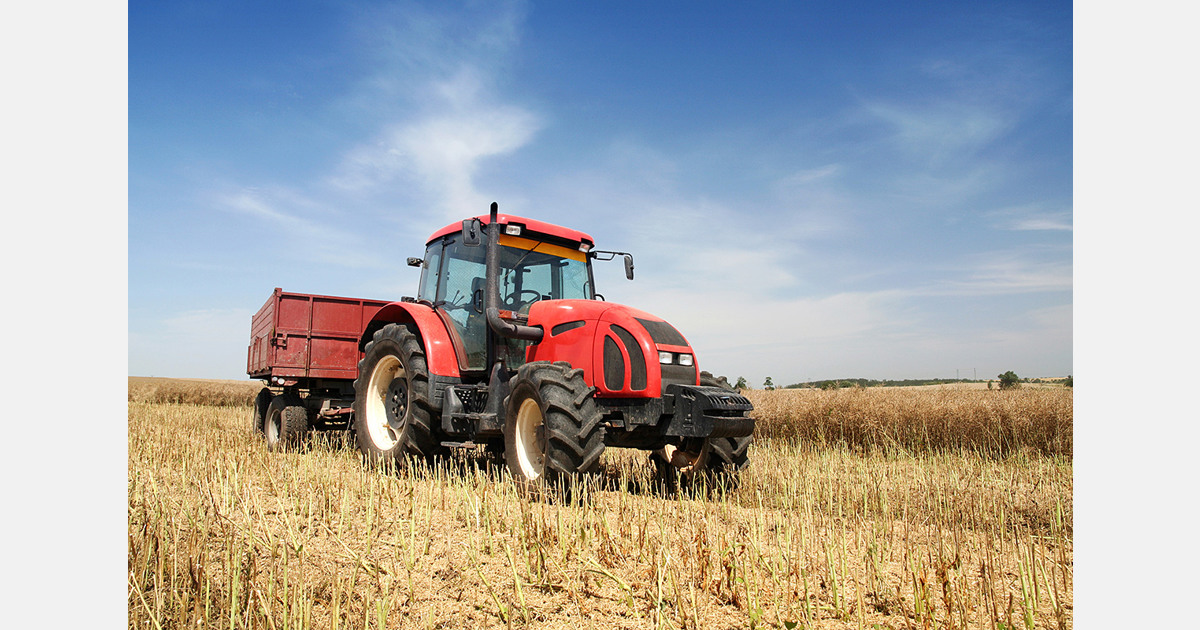
Rory Graeme Duncan, born in Salisbury, Rhodesia (now Harare, Zimbabwe), grew up in a farming family with deep roots in the region. His ancestors, including his great-great-grandfather Alexander Heathcote Tulloch, were part of the Pioneer Column that settled Mashonaland. Duncan’s family cultivated farms in Trelawney, Penhalonga, and northwest Zimbabwe, contributing to the region’s agricultural development.
In 1980, Rhodesia became Zimbabwe, with Robert Mugabe leading the newly independent nation. Initially seen as a liberation hero, Mugabe’s leadership soon turned authoritarian. In the 1980s, his government launched the Gukurahundi campaign, a brutal crackdown on political opponents in Matabeleland, leaving thousands dead. Despite these early warnings, Zimbabwe remained a prosperous agricultural hub until the late 1990s.
Economic turmoil struck in the late 1990s, driven by hyperinflation, military expenses in the Congo, and payouts to war veterans. Facing growing opposition, Mugabe launched a land reform campaign targeting white farmers. Duncan’s family was among those affected. Their farms were seized, and the state encouraged violent invasions by militants. Farmers faced threats, destruction, and even torture. Duncan himself endured imprisonment and abuse before being forced to leave.
Duncan briefly returned to Zimbabwe between 2008 and 2011, attempting to rebuild on a small piece of land outside Harare. However, continued theft, harassment, and political pressure made farming impossible. He ultimately found refuge in South Africa, where he now watches with concern as land reform rhetoric re-emerges.
Duncan’s story reflects the broader history of Zimbabwe—once a thriving agricultural nation, now struggling with economic hardship. The land reform policies that displaced thousands of farmers also disrupted food production, leading to widespread shortages. Once known as the “breadbasket of Africa,” Zimbabwe’s agriculture has declined, while many former farmers like Duncan have been forced to start anew elsewhere.
Source: Visegrad24
Source: The Plantations International Agroforestry Group of Companies
